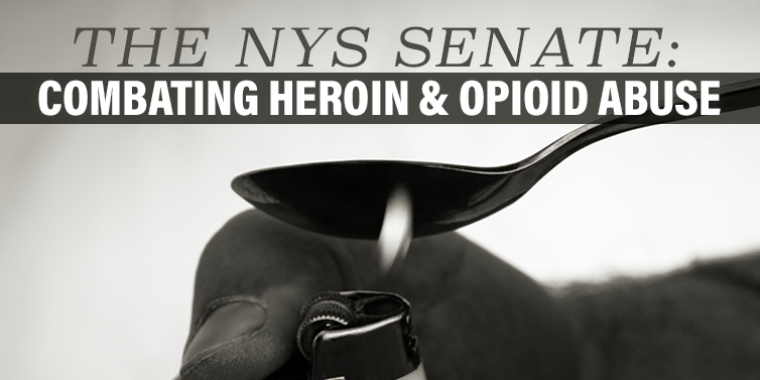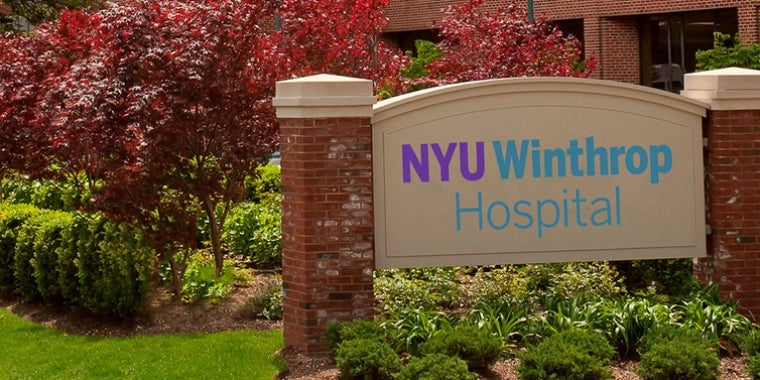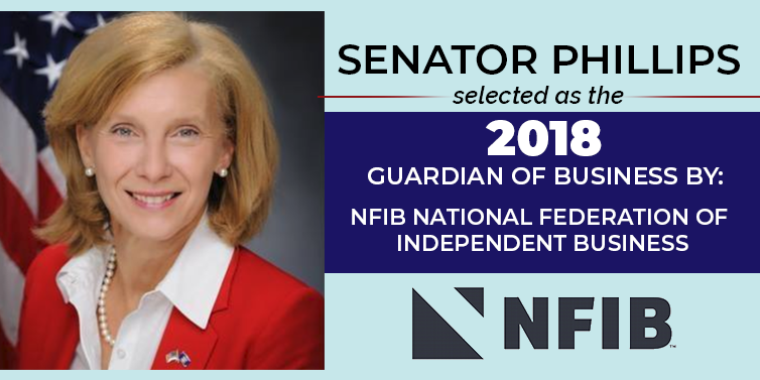
Senator Phillips: State Budget Delivers Record Investment to Protect Long Island’s Drinking Water
April 5, 2017
Senator Elaine Phillips (R-Manhasset) applauded record funding and new measures to ensure clean, safe drinking water as part of the State Budget. The budget delivers over $2.5 billion in funding for water infrastructure improvements, requires all public water providers to test for 1,4-dioxane and other emerging contaminants and creates a new drinking water quality council to set science-based standards on dealing with new and emerging contaminants.
“Protecting our drinking water has been a priority for me since day one, and it always will be. We’re addressing that priority in a significant way,” said Senator Phillips, who fought for the measures. “Investing in clean water technology, improving our infrastructure and taking steps to deal with contamination are important steps forward to ensure that Long Island’s water remains safe and clean for all of us.”
The budget delivers over $2.5 billion for clean water infrastructure, the largest amount in state history. Funds will be used for projects such as repairing and improving existing water infrastructure, expanding use of clean water technology and installing sewers to help reduce nitrogen pollution.
To protect water quality and provide water districts with guidance on how to handle emerging contaminants, a new drinking water quality council is being created to set state standards for contaminants not yet regulated by the federal Environmental Protection Agency (EPA). This includes 1,4-dioxane, an emerging contaminant which is found at higher levels here on Long Island than in most other parts of the country. The council will be comprised of experts in water provision, health, toxicology, microbiology and engineering. Once standards are set, all public water providers will be required to test for these contaminants.
Additionally, the Budget once again makes a state record investment of $300 million in the state’s environmental protection fund (EPF) to help ensure clean water and clean air throughout the state.
Share this Article or Press Release
Newsroom
Go to Newsroom


